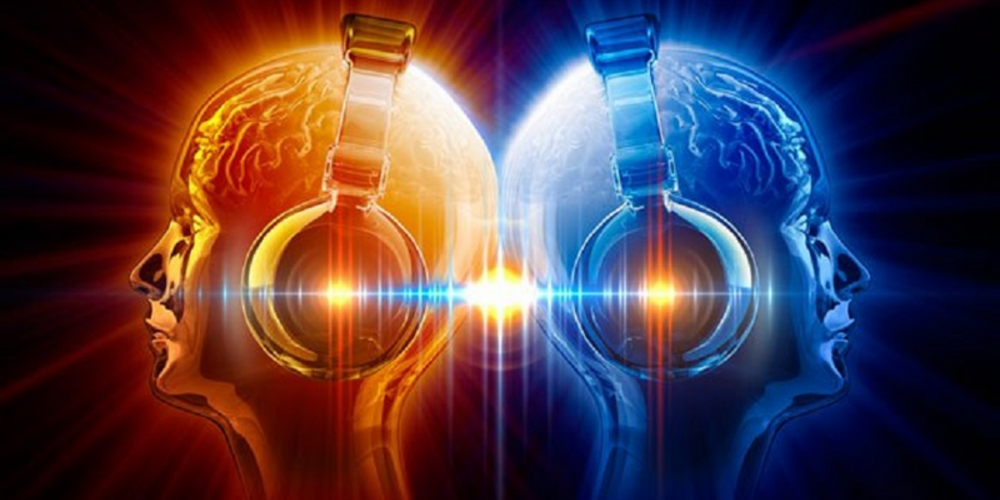The Symphony of Feelings: How Game Soundtracks Amplify Our Adventures
- 959

In the sprawling universes of video games, where visuals and gameplay mechanics are often lauded for their innovation and ability to captivate, there lies a subtler yet equally potent force: the soundtrack. The power of music in video games transcends mere background ambiance; it is the heartbeat of the narrative, guiding players through a spectrum of emotions. From the adrenaline-pumping beats of battle themes to the melancholic melodies that accompany a poignant story moment, game soundtracks enrich the gaming experience, turning memorable into unforgettable. Among the pantheon of games celebrated for their auditory artistry, series like "Final Fantasy" and "The Legend of Zelda" stand out, showcasing how soundtracks contribute to narrative depth and emotional engagement.
The Role of Music in Games
At its core, the role of music in video games is to enhance the emotional and atmospheric immersion for the player. It acts as a narrative tool that complements the visual and textual elements, creating a more cohesive and engaging experience. Whether it's the tension-building rhythms during a boss fight or the serene harmonies that paint the backdrop of an exploratory journey, music has the unique ability to elevate a game's emotional impact. It also aids in world-building, providing an audible signature to different in-game locations and cultures. In essence, a game's soundtrack is its emotional compass, guiding players through the world's highs and lows.
Iconic Soundtracks and Their Impact

Among the most iconic soundtracks in gaming history are those from the "Final Fantasy" and "The Legend of Zelda" series. Each franchise boasts compositions that have not only defined their respective games but have also left a lasting mark on the industry.
Final Fantasy
The "Final Fantasy" series, with music primarily composed by Nobuo Uematsu, is a testament to the power of music in storytelling. Tracks like "To Zanarkand" from Final Fantasy X encapsulate the game's overarching themes of sacrifice and hope, while "One-Winged Angel" from Final Fantasy VII serves as the perfect auditory embodiment of the game's antagonist, Sephiroth, encapsulating his menace and grandeur. The music of "Final Fantasy" doesn't just accompany the narrative; it deepens it, adding layers of emotional complexity that resonate with players long after they've put down the controller.
The Legend of Zelda
Similarly, "The Legend of Zelda" series uses its soundtrack to craft a rich, immersive world. Koji Kondo’s compositions, such as the iconic "Hyrule Field" theme from The Legend of Zelda: Ocarina of Time, instantly transport players to the game's vast, adventure-filled lands. The music in "The Legend of Zelda" not only serves as a backdrop to Link's journey but also functions as a storytelling device in its own right, conveying the history, mystery, and magic of Hyrule through melody and harmony.
Conclusion

Ultimately, the musical scores of video games such as "Final Fantasy" and "The Legend of Zelda" underscore the crucial importance of music in enhancing the gaming experience. They prove that music is not just an accessory to the narrative and gameplay but a foundational element that shapes the emotional landscape of a game. As players traverse epic worlds and embark on unforgettable adventures, it is often the soundtrack that guides their hearts, transforming gameplay into an experience that resonates on a deeply emotional level. The symphony of feelings evoked by these compositions is a testament to the artistry and emotional intelligence of video game music, making our adventures all the more meaningful.
